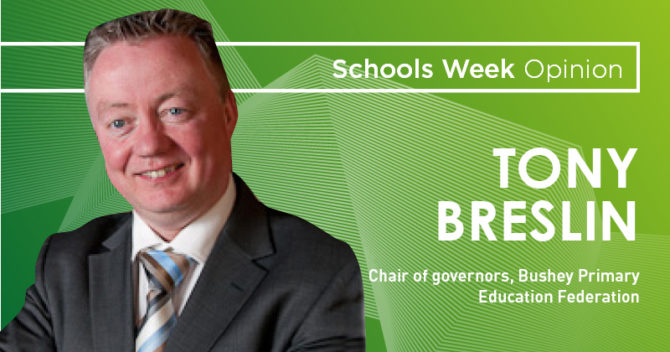Some multi-academy trusts encourage autonomy, says Claire-Louise West. She ought to know: she works in one . . .
It’s almost been accepted as truth that schools within multi-academy trusts have less autonomy than maintained schools. But it’s not the case for all MATs.
I work for GLF, a MAT whose founding principle is to encourage autonomy. In fact it’s almost the modus operandi of school leaders in the trust. The reason is simple: GLF values the diversity of its schools, the vast range of contexts, communities and demographics. Each school is truly celebrated for being individual.

It advocates a self-improving system in which every staff member has a part to play. The leadership of school improvement is distributed; all staff are encouraged to take part, to lean in, stimulated by the concept that “together we are stronger”.
The central education team, led by the director of education, works alongside leaders and their teams to improve the quality of learning and teaching. The word alongside is key; positive relationships drive school improvement. There is no preferred scheme, style or methodology endorsed by the trust. Heads are free to design their own curriculum, one that is appropriate for their context, their children, their families.
There is no forced, centralised purchasing of edtech or curriculum-related products, although economies of scale happen when schools voluntarily come together to buy into certain schemes, for example, supporting maths and English learning. The MAT may recommend particular programmes of study, but there is freedom as to whether or not your school utilises them. The education team will coach, mentor and guide heads as appropriate, and collaborate with staff at all levels to bring about improvements.
We are encouraged to be part of this group, to become involved with school improvement work that, in turn, develops strong peer relationships and offers the chance to learn from meaningful, professional dialogue. We create our own system leaders. It’s this shared approach to school improvement that has the greatest impact; simple, but effective and refreshingly different.
Heads are free to design their own curriculum
Similarly, professional development at GLF differs from other trusts that I have been involved with. Training development has been created by stakeholders for stakeholders; from apprentice to executive leadership. The offer is delivered by GLF employees, amongst them heads, special needs coordinators, HR, recruitment, classroom teachers, subject specialists, middle/senior leaders, as well as central team practitioners. This is an example of strong system leadership; training developed and delivered by practitioners who are “doing the job on the ground”. It provides a meaningful experience and, as a result, builds respected relationships. It is also free, which allows heads to provide their staff with regular, relevant and up to date training, so helping the retention agenda alongside strategically supporting budget forecasting.
With teacher recruitment in a vulnerable state, the trust encourages a forward-thinking strategy whereby clusters of schools, up to five or six in a geographical region, have a shared approach. Applicants are inspired to work in any of these schools, rather than just one. This can ensure that schools are well-staffed and that excellent practice is retained. Providing secondments, offering exchanges and sharing staff across a wider area, mean that multiple schools share the cost of one member of staff and are all part of the wider financial, recruitment and retention strategy.
As Jon Chaloner, our chief executive, has said: “Schools are complex communities. They are not a business, we do not have clients or customers nor a product, we have people. People with all their ups and downs, their hopes and fears, their bad days and good days.”
This was the USP for me when joining GLF as a headteacher in 2016; the concept of working within “a family of schools”. The network of support, sharing of practice and, crucially, trust, is at the heart of our work.








This is very interesting to read. I can say the same for our Academy Trust, the Oxford Diocesan Schools Trust (ODST). The central staff provide us with huge amounts of support on the background things (e.g. GDPR) as well as superb leadership support, but it’s just that – support to reflect, self-evaluate and improve in collaboration with other schools. My school is very much my own and very distinct from others in the Trust. I speak to plenty of people who have heard horror-stories of identikit schools in different sorts of MATs, but I am sure there will be plenty more examples of those, like ODST and GLF, which encourage and support self-improving autonomy.
This is very interesting to read. I can say the same for our Academy Trust, the Oxford Diocesan Schools Trust (ODST). The central staff provide us with huge amounts of support on the background things (e.g. GDPR) as well as superb leadership support, but it’s just that – support to reflect, self-evaluate and improve in collaboration with other schools. My school is very much my own and very distinct from others in the Trust. I speak to plenty of people who have heard horror-stories of identikit schools in different sorts of MATs, but I am sure there will be plenty more examples of those, like ODST and GLF, which encourage and support self-improving autonomy.